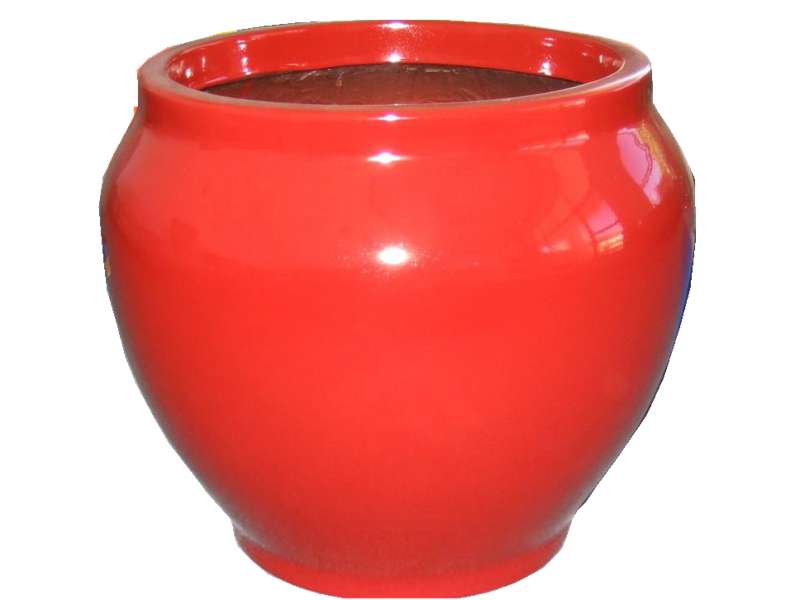
-
 Afrikaans
Afrikaans -
 Albanian
Albanian -
 Amharic
Amharic -
 Arabic
Arabic -
 Armenian
Armenian -
 Azerbaijani
Azerbaijani -
 Basque
Basque -
 Belarusian
Belarusian -
 Bengali
Bengali -
 Bosnian
Bosnian -
 Bulgarian
Bulgarian -
 Catalan
Catalan -
 Cebuano
Cebuano -
 China
China -
 China (Taiwan)
China (Taiwan) -
 Corsican
Corsican -
 Croatian
Croatian -
 Czech
Czech -
 Danish
Danish -
 Dutch
Dutch -
 English
English -
 Esperanto
Esperanto -
 Estonian
Estonian -
 Finnish
Finnish -
 French
French -
 Frisian
Frisian -
 Galician
Galician -
 Georgian
Georgian -
 German
German -
 Greek
Greek -
 Gujarati
Gujarati -
 Haitian Creole
Haitian Creole -
 hausa
hausa -
 hawaiian
hawaiian -
 Hebrew
Hebrew -
 Hindi
Hindi -
 Miao
Miao -
 Hungarian
Hungarian -
 Icelandic
Icelandic -
 igbo
igbo -
 Indonesian
Indonesian -
 irish
irish -
 Italian
Italian -
 Japanese
Japanese -
 Javanese
Javanese -
 Kannada
Kannada -
 kazakh
kazakh -
 Khmer
Khmer -
 Rwandese
Rwandese -
 Korean
Korean -
 Kurdish
Kurdish -
 Kyrgyz
Kyrgyz -
 Lao
Lao -
 Latin
Latin -
 Latvian
Latvian -
 Lithuanian
Lithuanian -
 Luxembourgish
Luxembourgish -
 Macedonian
Macedonian -
 Malgashi
Malgashi -
 Malay
Malay -
 Malayalam
Malayalam -
 Maltese
Maltese -
 Maori
Maori -
 Marathi
Marathi -
 Mongolian
Mongolian -
 Myanmar
Myanmar -
 Nepali
Nepali -
 Norwegian
Norwegian -
 Norwegian
Norwegian -
 Occitan
Occitan -
 Pashto
Pashto -
 Persian
Persian -
 Polish
Polish -
 Portuguese
Portuguese -
 Punjabi
Punjabi -
 Romanian
Romanian -
 Russian
Russian -
 Samoan
Samoan -
 Scottish Gaelic
Scottish Gaelic -
 Serbian
Serbian -
 Sesotho
Sesotho -
 Shona
Shona -
 Sindhi
Sindhi -
 Sinhala
Sinhala -
 Slovak
Slovak -
 Slovenian
Slovenian -
 Somali
Somali -
 Spanish
Spanish -
 Sundanese
Sundanese -
 Swahili
Swahili -
 Swedish
Swedish -
 Tagalog
Tagalog -
 Tajik
Tajik -
 Tamil
Tamil -
 Tatar
Tatar -
 Telugu
Telugu -
 Thai
Thai -
 Turkish
Turkish -
 Turkmen
Turkmen -
 Ukrainian
Ukrainian -
 Urdu
Urdu -
 Uighur
Uighur -
 Uzbek
Uzbek -
 Vietnamese
Vietnamese -
 Welsh
Welsh -
 Bantu
Bantu -
 Yiddish
Yiddish -
 Yoruba
Yoruba -
 Zulu
Zulu
Food Safe Fiberglass Equipment for Safe and Durable Culinary Applications
The Importance of Fiberglass Food Grade Equipment in the Food Industry
In today's increasingly health-conscious world, the food industry is under greater scrutiny than ever before. Ensuring the safety and quality of food products is paramount, and this calls for the use of high-grade materials in food processing and handling. One such material that has garnered attention for its benefits is fiberglass, particularly when it is manufactured to meet food safety standards.
What is Fiberglass Food Grade Equipment?
Fiberglass food grade equipment refers to various tools and machinery made from fiberglass that comply with food safety regulations. Fiberglass itself is a composite material made from fine glass fibers, which are woven together and embedded in a resin. When handled and treated properly, fiberglass becomes a robust, durable, and lightweight material suitable for a multitude of applications within the food industry. It is particularly favored for its non-porous nature, making it easier to clean and maintain hygiene.
Benefits of Fiberglass Food Grade Equipment
1. Durability One of the most compelling advantages of fiberglass equipment is its incredible durability. This material can withstand significant wear and tear over time, as well as exposure to a variety of chemicals, temperature fluctuations, and physical impacts. This makes it a long-lasting investment for food establishments.
2. Hygiene and Safety Fiberglass is non-porous, meaning it does not harbor bacteria or other harmful pathogens that can contaminate food products. This characteristic is critical in environments where cleanliness is non-negotiable. Moreover, fiberglass food grade equipment usually adheres to stringent regulations set by food safety authorities, ensuring that it is safe to use in food processing.
3. Lightweight and Easy to Handle Compared to traditional materials such as metal or wood, fiberglass is significantly lighter. This makes it easier for workers to handle, transport, and install equipment, ultimately increasing workplace efficiency.
4. Versatility Fiberglass can be molded into various shapes and sizes, allowing for the customization of equipment to suit specific operational needs in food processing. From storage containers to conveyor belts, the versatility of fiberglass ensures that businesses can find tailored solutions that improve productivity.
fiberglass food grade equipment

5. Cost-Effectiveness While the initial investment in fiberglass equipment may be higher than alternatives, the long-term savings are invaluable. The durability and low maintenance requirements reduce replacement costs and labor associated with upkeep, allowing businesses to allocate resources more efficiently.
Applications of Fiberglass Equipment in the Food Industry
The use of fiberglass food grade equipment can be seen in various sectors of the food industry. Common applications include
- Storage Tanks Fiberglass tanks are widely used for storing liquids, including ingredients and finished products. Their resistance to corrosion makes them ideal for holding acids or other corrosive substances used in food production.
- Conveyor Systems Many food processing facilities employ fiberglass conveyor systems for their lightweight characteristics and ease of cleaning, which are vital in maintaining high hygiene standards.
- Worksurfaces and Tables Fiberglass worksurfaces are non-porous and resistant to stains, making them suitable for food preparation areas. They contribute to the overall sanitation of the workspace.
- Mixing and Processing Equipment Fiberglass is often used in mixers and processors due to its capacity to handle various materials without compromising quality or safety.
Conclusion
In conclusion, fiberglass food grade equipment is revolutionizing the food industry by providing durable, hygienic, and versatile solutions that meet the demanding operational needs of food processors. As the industry continues to evolve and face new challenges, the adoption of advanced materials such as fiberglass will play a pivotal role in ensuring food safety and efficiency. Businesses that invest in fiberglass equipment are not just making a purchase; they are committing to quality, safety, and sustainability that benefit both consumers and the environment. As we move toward a more conscientious approach to food production, the importance of materials like fiberglass cannot be overstated, and their role will only grow in significance in the years to come.









